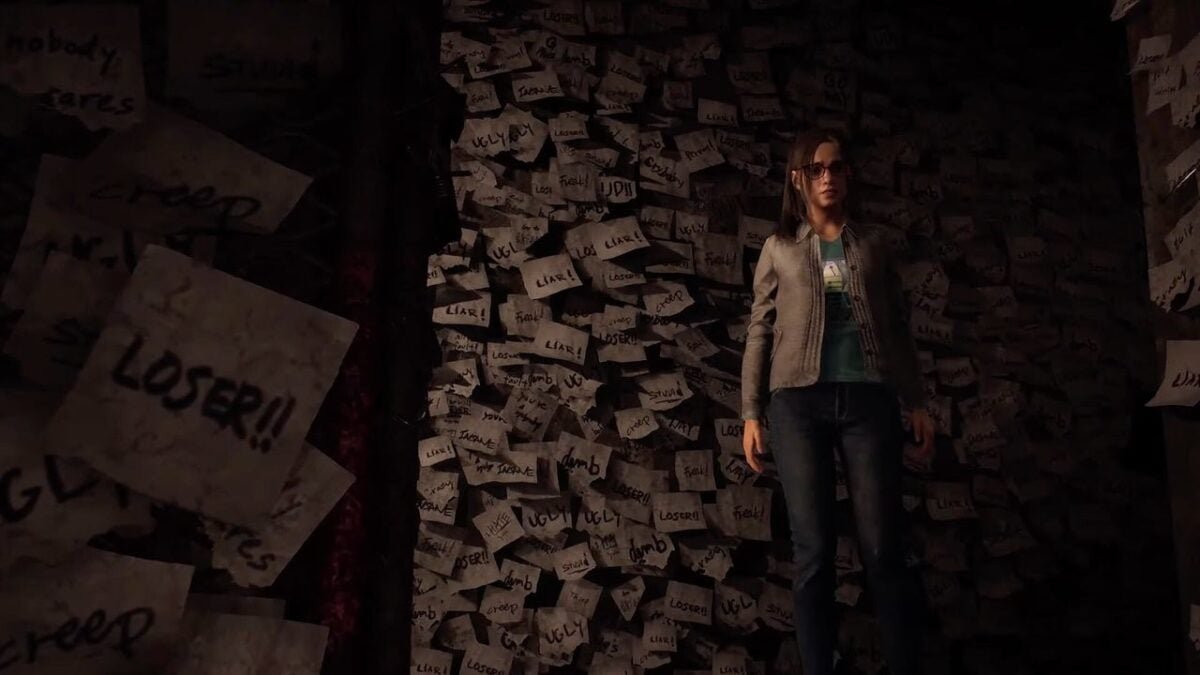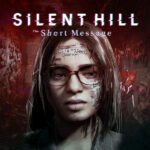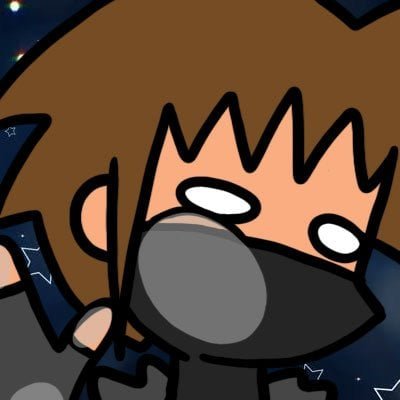I was as surprised as anyone to see Silent Hill: A Short Message. For starters, its announcement within the January 31st, 2024 State of Play, coming right after V Rising, made it seem like that game was going to be connected to Castlevania, but Konami released a free mini-Silent Hill really was a left-field play. After years of bad decisions and a seeming disinterest in video games, Konami has been trying hard to reclaim the legacy it once had.
If Silent Hill: The Short Message was meant to be a proof-of-concept that the series would be safe in Konami’s hands—especially after its falling out with Hideo Kojima and subsequent cancelling of Silent Hills—then it couldn’t have missed the mark harder. Silent Hill: The Short Message is an amateurish, borderline offensive game that makes a mockery of the franchise’s once-great legacy.
I honestly don’t even know where to start with Silent Hill: The Short Message. I’m typing this review mere moments after playing it, and I’m so shaken with a volatile mixture of anger, frustration, boredom and contempt that my brain can’t quite pinpoint where to begin—even though my reviews typically follow a fairly standard formula. Let’s start where I always do: the story.
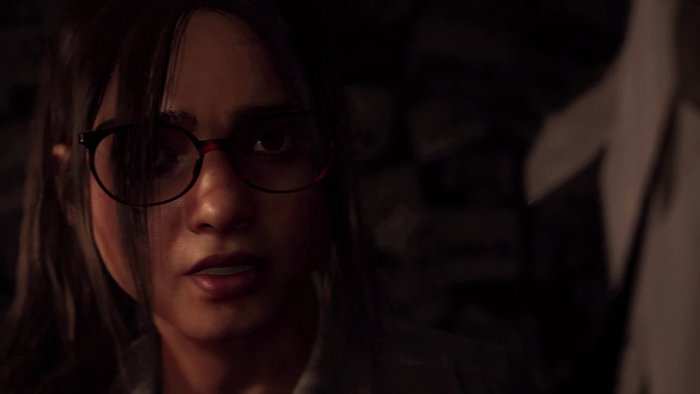
Players take on the role of a girl named Anita, who is called to an apartment complex at the behest of her friend Maya—where have I heard this before? When she gets there, strange things begin happening, and soon, she is being chased—but only in very specific moments—by a strange creature. Soon she discovers that Maya actually committed suicide, and Anita throws herself off the building, she once again wakes up in the building—where have we seen this before?
“Silent Hill: The Short Message is an amateurish, borderline offensive game that makes a mockery of the franchise’s once-great legacy.”
I won’t go any deeper into the plot for the reason of spoilers, but that’s the basic plot. My problem isn’t so much with the story, basic though it is, but with how it’s presented. Silent Hill 2, 3 and even Silent Hill 4: The Room were some of the most expertly crafted narratives in video games—using subtlety, unique visual theming, and clever subversion to craft horror experiences that were cerebral and lasting. If those games wielded their narrative like a precision instrument, Silent Hill: The Short Message is attempting surgery with a bulldozer.
For starters, much of the plot is delivered in disjointed, live-action cutscenes. The rest can be found in text logs that are scattered around the game world and can be easily missed by the player. Now, I don’t have a problem with games using text logs to add context to a game’s story, but in this game’s case, almost all the game’s plot-crucial details are hidden within logs which is just bad storytelling.
The second problem comes from the themes it’s trying to incorporate into its game. Depression, suicide, bullying, social media anxiety, and abusive parents are incredibly difficult subjects to approach, even by expert game designers. And don’t get me wrong, I think you can make a good game about anything, even more so a scary game about anything, but these subjects need to be approached carefully, or they run the risk of losing all meaning, which, to me, this game does.
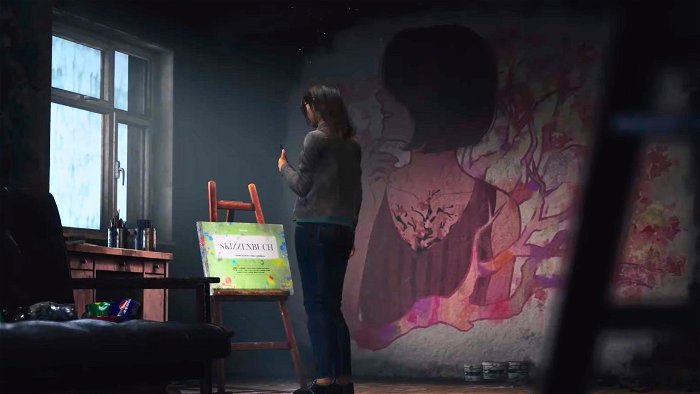
Now, what I’m about to say might be getting a bit more real than might be appropriate for a game review. As someone who has dealt with depression and even had thoughts of suicide in the past, I completely understand that everyone’s experiences are totally different. Silent Hill: The Short Message may resonate with some, and I acknowledge that my own personal experiences are part of the reason why the story and themes didn’t really land. There really isn’t a 100% right way to approach this, but I do think there are wrong ways to, and to me, Silent Hill: The Short Message falls in the latter category.
Its presentation of all of these themes is so incredibly clichêd and often cartoonishly evil. What could’ve been a thoughtful and unsettling examination of the teenage experience is boiled down to the most basic visual language—a lot of “LOSER” and “ITS ALL YOUR FAULT” written all over the walls. Furthermore, because so much of the plot is buried in text logs, we’re given no clear reason as to why Maya was bullied since she’s not only beautiful—which is a big bonus when you’re in high school—but she’s an incredibly talented graffiti artist—which, again, most highschoolers would find badass—and she’s extremely personable and likable.
The game doesn’t really explore the nuances and reasons behind why a person—particularly an Asian girl living in Europe—might get bullied. As such, we’re left to assume that she was bullied for being a beautiful and talented artist. And while the game later tried to attempt revelations that not only seem to come from nowhere, considering how the narrative is being structured around Anita, it runs a little too close to being identical to a similar plot twist from Silent Hill 2. This isn’t really a case of an untrustworthy narrator or POV character; this is a story with too many themes and never approaching any with the required nuance.
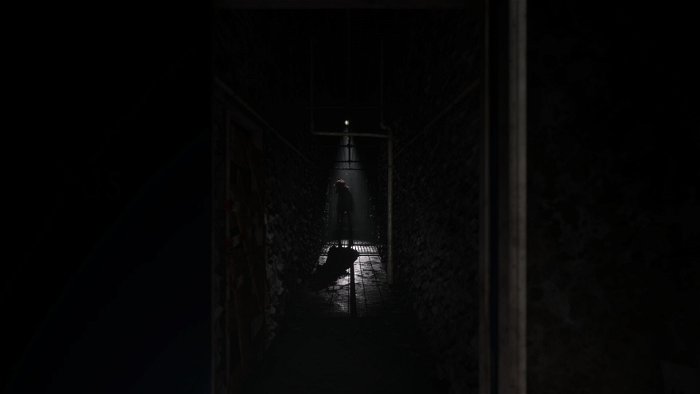
In the early parts of the game, where it’s seemingly establishing its ideas, it pinballs radically between them, creating a massive tonal dissonance. At first, it seems like it’s about Anita’s personal self-loathing contrasted against Maya’s art, then it’s her grief/jealousy about how Maya is more popular on social media than she is, and then they throw in an over-the-top abusive mother for good measure. In some moments, it almost seems like it’s romanticizing the idea of suicide, which comes off a bit gross—and makes the multiple times it puts up the screen for getting help ring just a bit hollow.
“There really isn’t a 100% right way to approach this, but I do think there are wrong ways, too, and to me, Silent Hill: The Short Message does.”
And the hamfisted narrative ties into the gameplay, making it a complete slog. It borrows almost every bad idea from recent horror games and crams it into a one-hour experience that feels like a nine-hour one. Every moment of this game is marked by stopping to read expository text—in a lot of cases halting progression until you do—whereupon Anita will remark on what you just read in case you missed it—or the game will stop so Anita can receive text messages to either recap things, or add further expository context to the proceedings.
I mentioned it above, but while in longer experiences, exposition should be woven into the narrative, with smaller games like this, almost all of the exposition and narrative need to be woven into the gameplay. For how much Silent Hill: The Short Message wants to rip from PT—and we’ll get to that—it fundamentally doesn’t understand how well that game told its story through context clues, brief moments of gameplay and player interpretation. What we’re left with is a story that doesn’t really have anything to say but can’t seem to shut up about it, and it makes the game unbearably boring.
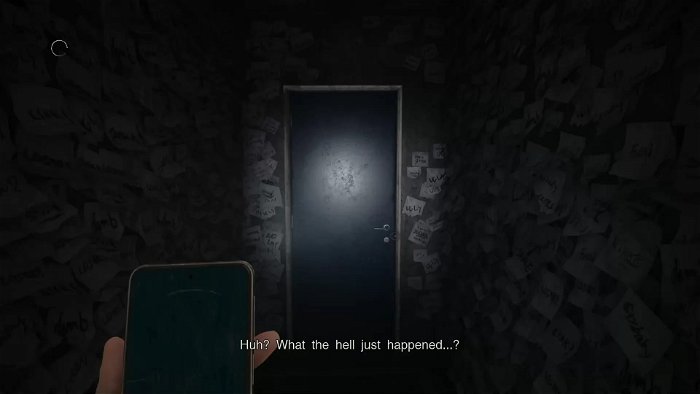
Speaking of the gameplay, I know many people online—myself included—glibly joked about how Silent Hill: The Short Message just ripped off PT, but it’s not untrue. From the first-person perspective to the way the game loops—which is somewhat more tied to the story, but it’s there—to a large, twitchy woman being the central antagonist, even to a “puzzle” where you have to look around a room for numbers. Heck, at one point you even enter a bathroom full of cockroaches that kind of just made me go, “Hmm, where have I seen this before?”
What isn’t borrowed almost directly from PT is essentially just gameplay tropes from other lesser horror games. In many ways, Silent Hill: The Short Message reminded me a lot of Visage—it’s a lot of walking around, picking up text documents, waiting for something to happen, culminating in a chase sequence with the aforementioned twitchy woman.
I think that’s my biggest problem with Silent Hill: The Short Message: it isn’t remotely scary. It commits so many sins of bad horror games that it just becomes obnoxious to play. Nothing happens for inordinate amounts of time, and the gameplay has zero tension. Furthermore, as I mentioned above, the game keeps stopping every five seconds for a cutscene or text log or text message that there’s no sense of pacing or buildup to the gameplay.
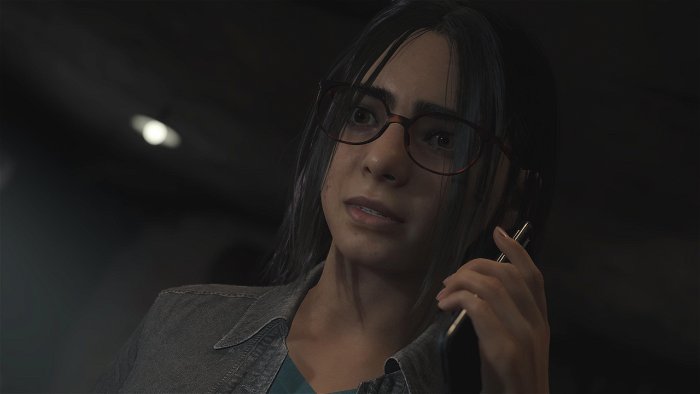
The only “horror” comes in the form of those aforementioned chases, but even then, they happen in designated areas, and the first two are so linear you don’t even end up seeing the monster. The final chase was so incredibly tedious I ended up just giving up—as not only was I meant to be chased around a maze by an incredibly fast-moving foe, but I needed to find four or five items that would unlock a reference to Silent Hill 4: The Room.
“Every moment of this game is marked by stopping to read expository text—in a lot of cases halting progression until you do.”
In the audio/visual department…the game is fine. Aside from all the heavy-handed symbolism that plasters the game at every moment, the environment looks good despite chugging the framerate at certain points—particularly the chases, which seem a little inexcusable for something this small.
Furthermore, Akira Yamaoka’s soundtrack goes a long way to create what little atmosphere the game has. I think that might be the only reason I might’ve guessed the game was supposed to be scary; Yamaoka is still so damn good at his job.
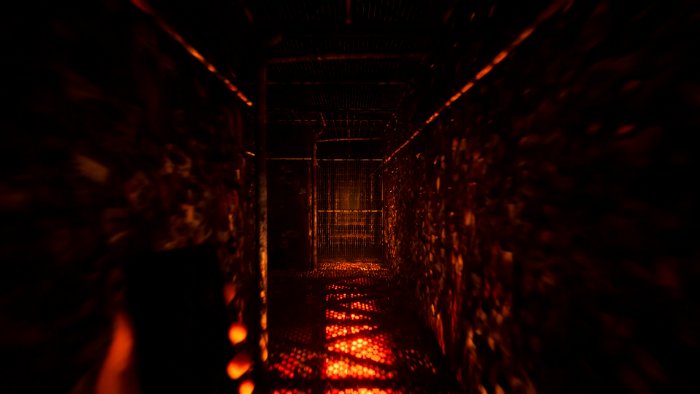
I was really hoping Silent Hill: The Short Message would be, at best, a decent game. Even if it was pulling a lot from PT, that game is my baseline for horror, so I was willing to give it a chance. But it does not fill me with confidence about the future of the series. It’s a boring, contrived, borderline offensive experience, and its handling of its themes honestly worries me that it may cause real harm.
If this was some indie horror game, I’d be willing to give it a pass as “an honest attempt.” But the fact that this bears the Silent Hill name yet understands so little about what made those games not only scary, but thought-provoking is truly disheartening. Konami should be ashamed.
